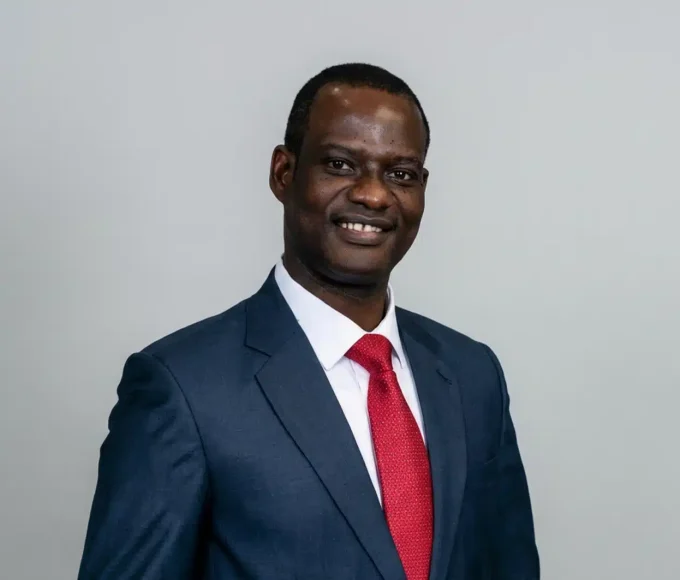
Nigerians React to South-East Institutions’ Exclusion from NELFUND Student Loan Disbursement

Nigerians have called out NELFUND, the agency responsible for students loans, as the tertiary institutions in South East Nigeria were not included in the list of beneficiary schools in the first phase of the Nigerian Education Loan Fund (NELFUND) disbursement.
This was after a circular was released Friday by NELFUND, which revealed a stark disparity in the distribution of funds, with over N2.9 billion approved and disbursed to 19 tertiary institutions in Nigeria, none of which are from the South East.
As listed in the circular, none of these 19 institutions is from the country’s Southeastern part, while five geopolitical zones have at least one institution on the beneficiary list.
Following the public outcry, the agency responsible for student loans has clarified its position, stating that “geopolitical zones are not a factor in the disbursement process.”
NELFUND sent a verification list to every institution eligible for disbursement. Payments are being made to institutions that have responded to this verification,” the agency stated.
“Unfortunately, we have not yet received any response from the institutions in the South-East,” NELFUND added.
NELFUND further urged the institutions to complete the verification process so that their students can benefit from the scheme.
This open confrontation resulted from previous accusations by Nigerians of deliberate neglect of the South-East region regarding political benefits or appointments since 2015, when the All Progressive Congress (APC) became the ruling party.
While the loan agency has clarified its position on the accusation of marginalisation, the Southeast institutions have yet to dispute the non-response allegation, hindering their students from benefiting from the loan.
Meanwhile, with over N2.9 billion disbursed to 19 institutions, the agency is expected to retain a balance of roughly N47.1 billion as N50 billion was provided as proceeds of crimes recovered and as directed to cover student loans across institutions in Nigeria.
Read: Senegal Begins Review Of Oil And Gas Contracts With Foreign Companies To Regain Control Of Resources
About The Author
Mayowa Durosinmi
author
M. Durosinmi is a West Africa Weekly investigative reporter covering Politics, Human Rights, Health, and Security in West Africa and the Sahel Region
Mayowa Durosinmi
M. Durosinmi is a West Africa Weekly investigative reporter covering Politics, Human Rights, Health, and Security in West Africa and the Sahel Region
Related Articles
Tinubu Deducts N100bn Monthly From Federation Account Without Approval El-Rufai Alleges Says Action Deserves Impeachment
Former Kaduna State Governor Nasir El-Rufai has launched a blistering attack on...
ByWest Africa WeeklyJanuary 26, 2026After Taiwo Oyedele’s Denials, Lagos State Activates ‘Power of Substitution’ Under Tinubu-Altered Tax Law, Allowing Authorities to Redirect Payments Without Court Orders
Lagos State has moved to activate a controversial enforcement provision in the...
ByWest Africa WeeklyJanuary 26, 2026Ivory Coast to Buy Unsold Cocoa to Support Farmers
Ivory Coast has announced a government plan to purchase unsold cocoa stock...
ByWest Africa WeeklyJanuary 23, 2026Ghana Moves to Reclaim Kwame Nkrumah’s Former Residence in Guinea
Ghana has embarked on a diplomatic and cultural initiative to reclaim the...
ByWest Africa WeeklyJanuary 23, 2026











